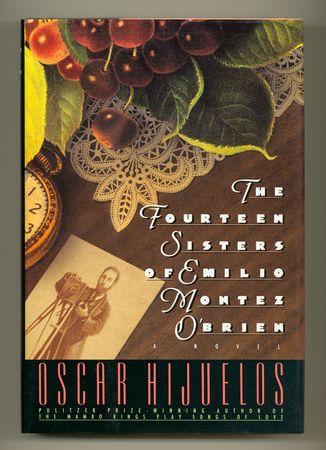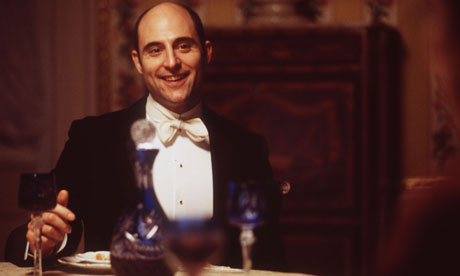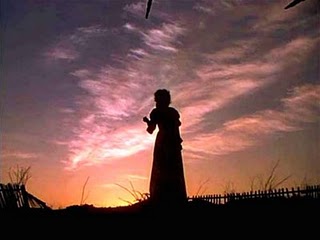I am almost finished with The Winemaker's Daughter by Timothy Egan and it is an absolutely terrific story about the Pacific Northwest, in particular the Columbia River basin in Washington state; it's also about the immigrant experience, the Native American experience, the making of the Great Coulee Dam, forest fires, and winemaking. And food. I mean these are Italians, how could it not?
In the kitchen, Angelo Cartolano is ready to cook. He has picked zucchini flowers, filled a basket with three kinds of tomatoes, and brought wine up from the cellar. The cutthroat trout are cleaned and iced. Lamb shanks are marinating in Zinfandel, rosemary, brown sugar, garlic and lemon. He pours wine and offers a simple toast.
"Beviam, beviam, beviam!"
Brunella holds the wine in her mouth before taking a longer sip. Ethan sets his glass to the side. "Wonderful," she says. "It tastes like...heaven without a dress code."
Heaven without a dress code, I love that!
Angelo retreats down a hallway to a side pantry, where he keeps drawers full of flour and dried herbs, the ceiling draped in twined garlic and strips of oregano hanging overhead.
"What do you think of my father?" Brunella says, when he is out of earshot.
"Rustic," says Ethan. "I can see where you get your passion. Is there anything you two do not get excited about?"
"Is that so bad?"
Angelo returns, white flour dust trailing behind him. He mixes the flour with eggs and water in a bowl and adds olive oil. He takes moist balls of mozzarella and cuts them into one-inch sections, and dries the anchovies on a paper towel. His left hand is badly gnarled and knotted, and it shakes uncontrollably, making it hard for him to finish. Brunella folds her hand around his; it feels like a bag of marbles. She helps him open the petals of each flower and pinch out the filaments. They fill the insides with mozzarella and anchovies, add a dollop of honey, and press the petals until they are closed up again. The zucchini blossoms are dipped in the batter and pan-fried until golden brown.
"Alora - fiori di zucchini fritti," he says, with a jack-o'-lantern smile, turning to Ethan, sweat dripping from his brow. "My uncle used to make these in the camp in Missoula. The highlight of the summer. The guards thought we were crazy - look at the stupid dagos eating flowers. Hah! You do eat, don't you, Mr. Winthrop?"
Mr. Ethan Winthrop doesn't eat, actually, not even at the glorious party Angelo and Brunella throw a day later. I want to have a party this summer and completely replicate this menu. And you must come...
At dusk, Angelo announces that dinner is ready - a feast cooked over apple wood. The pork loin has marinated in ginger, rosemary, garlic, wine and diced pears. Angelo went to his big basement freezer two days earlier and retrieved venison steaks. He has panfried them with mushrooms and sweet onions. The red and white potatoes that Angelo has always grown - his reserve food, in case the world collapses - have become gnocchi di patate, doused in fresh-made pesto. The Yakima corn is crisp and slightly charred, licked by fire. And there are fist-sized Cartolano family tomatoes, bleeding juice, covered with basil, olive oil poured over them. Louis Armstrong is still playing. Angelo loves jazz, which he heard first in Bushwick and then in the camp at Missoula. His uncle would never let anyone play Verdi, because it was what Mussolini liked.
"You see all this, Brunella," he says to his daughter, as they watch people load up on food, "and you wonder why I have to beg you to come home."
"You don't have to beg me, Babbo. Stop with the guilt."
"What's wrong with our home, Miss Bigshot? You tell me, and I will stop."
--The Winemaker's Daughter, by Timothy Egan, Alfred A. Knopf, New York, 2004.






